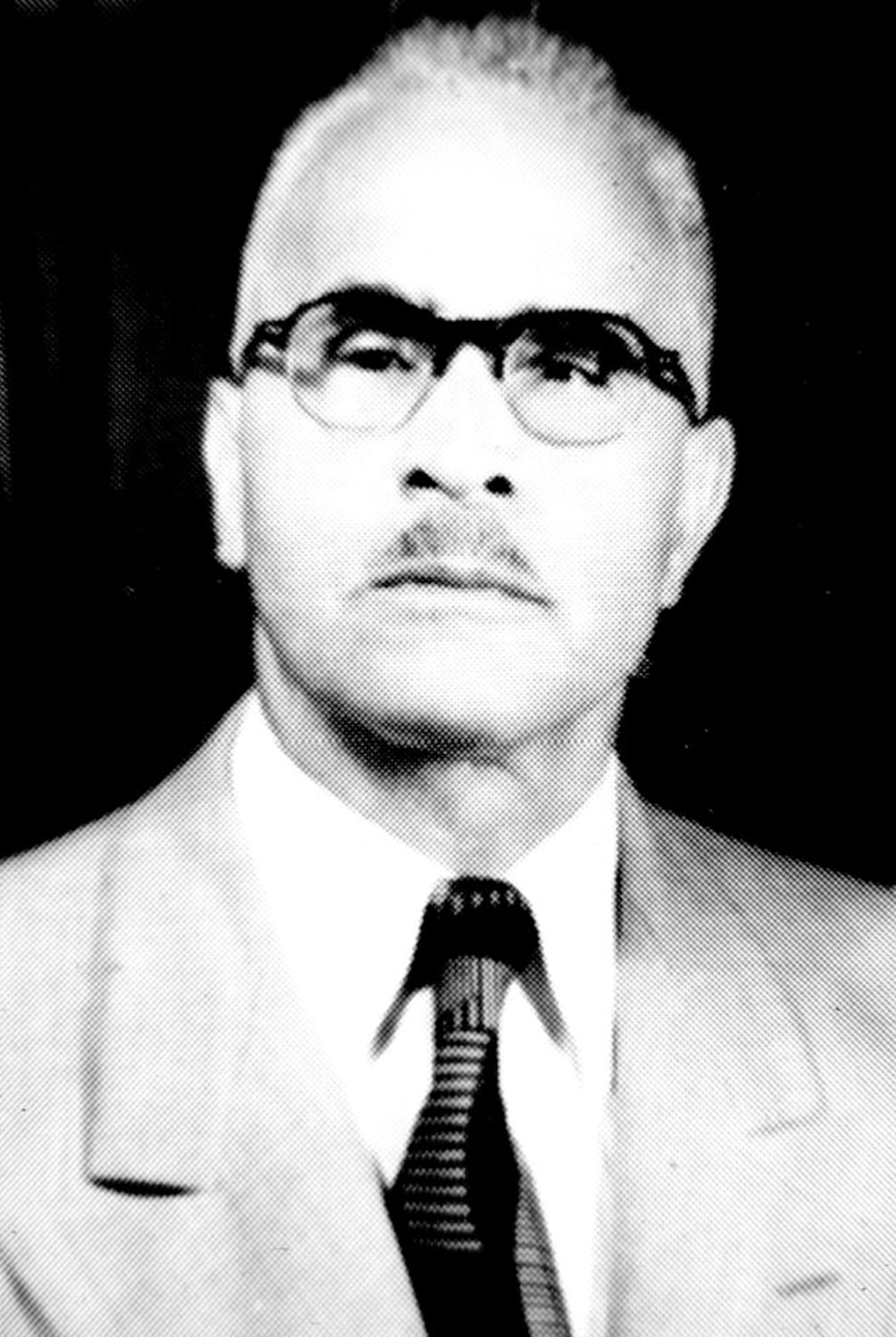RESOURCES
PEOPLE
Rev. Vernon Napoleon Johns
1892-1965
Rev. Vernon Napoleon Johns was a brilliant, uncompromising minister, scholar, and civil rights forerunner whose legacy helped lay the moral and intellectual foundation for the modern Civil Rights Movement. Best known as the predecessor to Dr. Martin Luther King Jr. at Dexter Avenue Baptist Church in Montgomery, Alabama, Johns combined classical scholarship with fearless activism to challenge racism in both sacred and public spaces.
Born on April 22, 1892, in Darlington Heights, Prince Edward County, Virginia, Vernon was the son of Willie Johns, a farmer, peddler, and Baptist preacher, and Sallie Branch Price Johns. Growing up working on the family farm, Vernon developed a voracious appetite for books, especially Western classical philosophy and theology. He attended the Boydton Academic and Bible Institute, graduated from Virginia Theological Seminary and College in 1915, and went on to Oberlin Seminary, where he was selected to deliver the prestigious annual student oration. He later studied at the University of Chicago’s Graduate School of Theology.
Johns pastored churches across Virginia, West Virginia, and Pennsylvania. From 1929 to 1933, he served as president of Virginia Theological Seminary and College in Lynchburg but was forced to resign due to financial difficulties. He returned to farming until being called to churches in Charleston, West Virginia, and later Lynchburg again, though his confrontational style often clashed with conservative congregations.
In 1927, he married Altona Trent, a pianist and music teacher who later became a professor at what is now Alabama State University. Together they had six children.
In 1948, Johns was appointed the 19th pastor of Dexter Avenue Baptist Church, located in the heart of Montgomery’s Black community and steps from the Alabama State Capitol. There, he boldly preached sermons such as “It Is Safe to Kill Negroes in Montgomery” and urged his middle-class congregation to confront segregation and demand justice. His unorthodox methods-such as selling vegetables from his farm on church grounds-and his refusal to sit at the back of segregated buses made him a controversial but galvanizing figure.
Johns also supported victims of racial violence, advocating for the arrest and prosecution of white men who raped Black women. His defiance, intellect, and community advocacy pushed the boundaries of what was expected from a church leader, paving the way for the social gospel that Dr. King would later champion. Though the congregation ultimately asked him to resign in 1953, his activism primed them to accept King’s leadership during the Montgomery Bus Boycott just two years later.
Even after leaving Dexter, Johns remained a powerful voice. He lectured across the country and from 1955 to 1960 served as director of the Maryland Baptist Center. He also helped lead Farm and City Enterprises Inc., an economic cooperative aimed at empowering Black farmers through direct-to-consumer sales.
